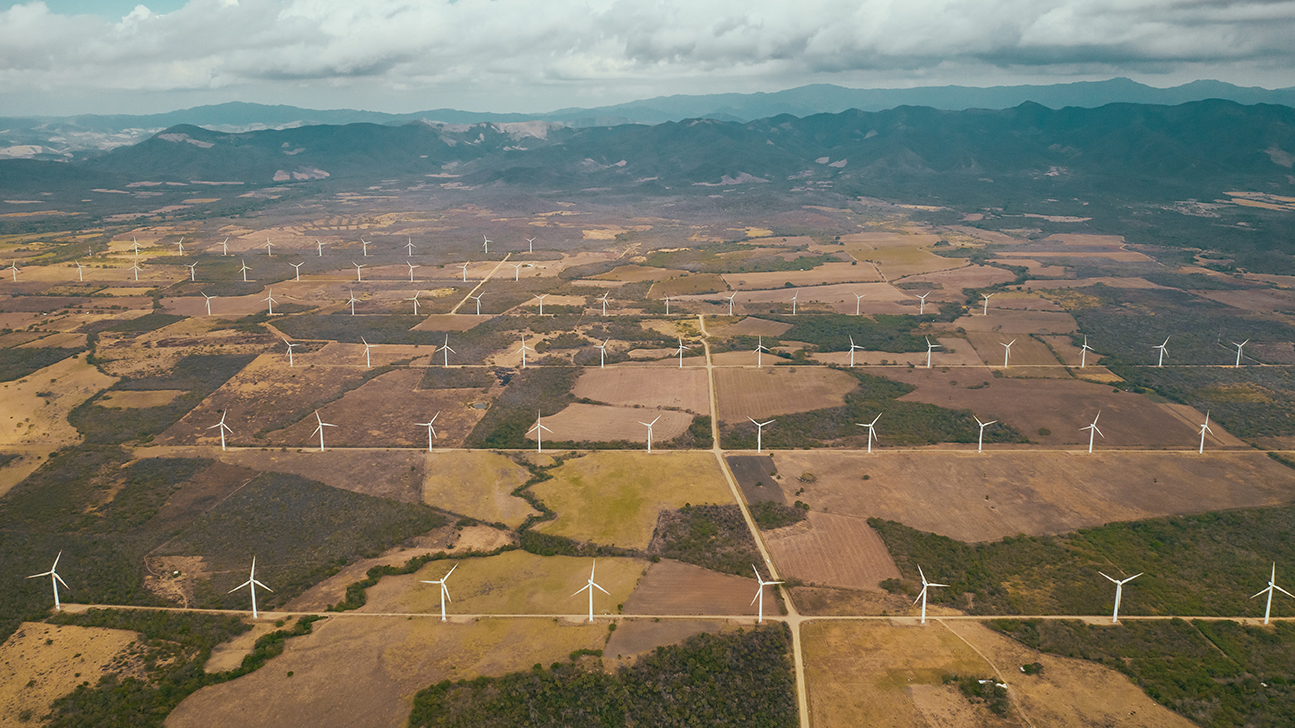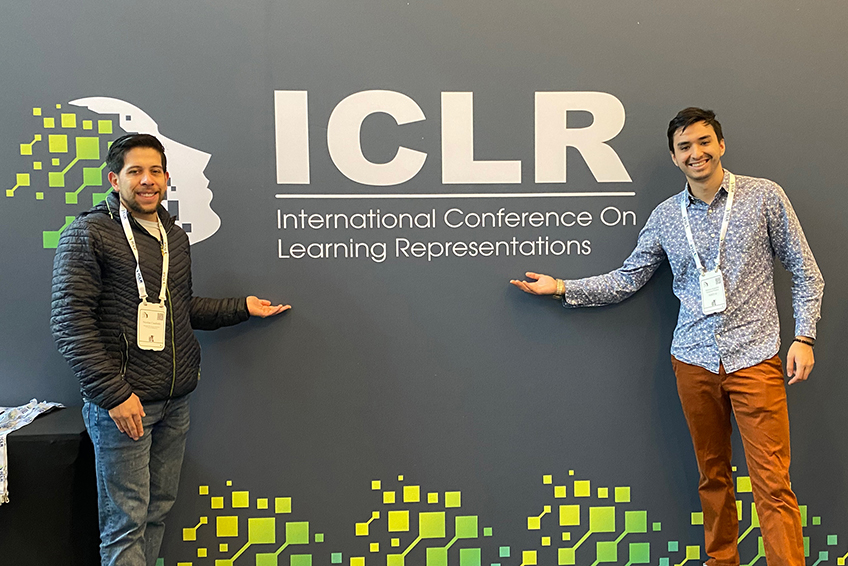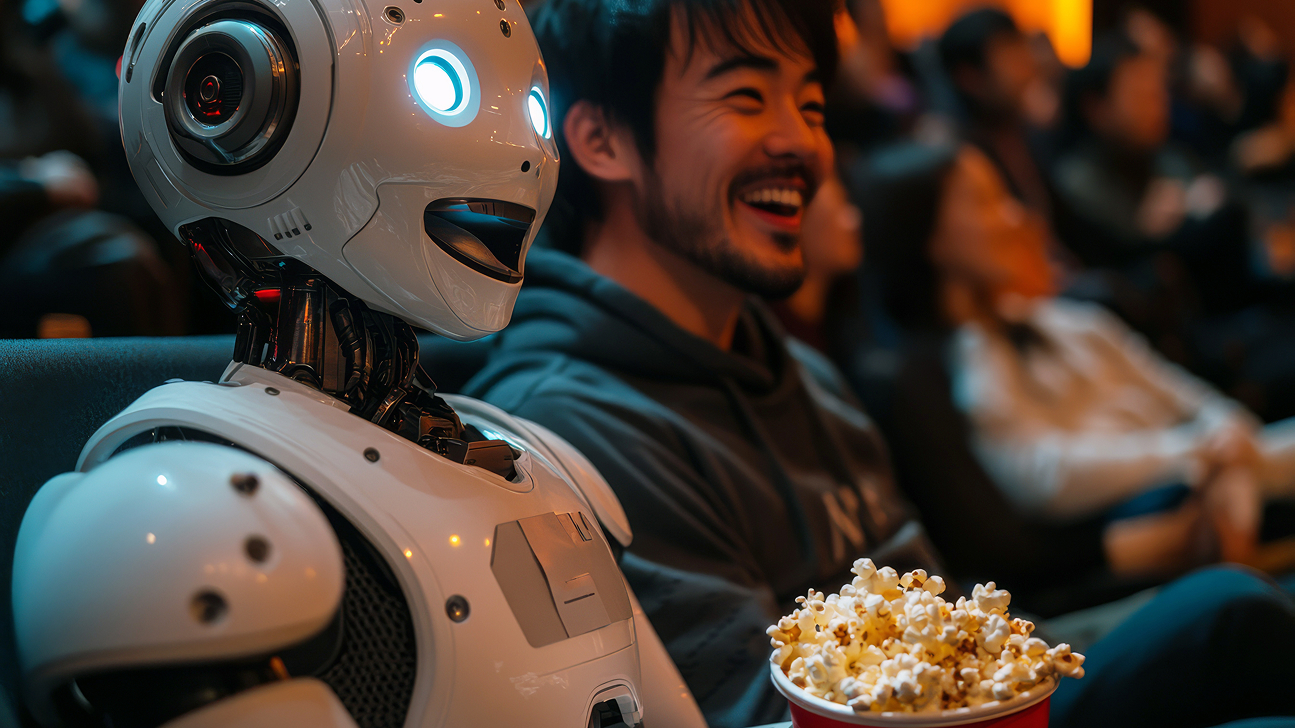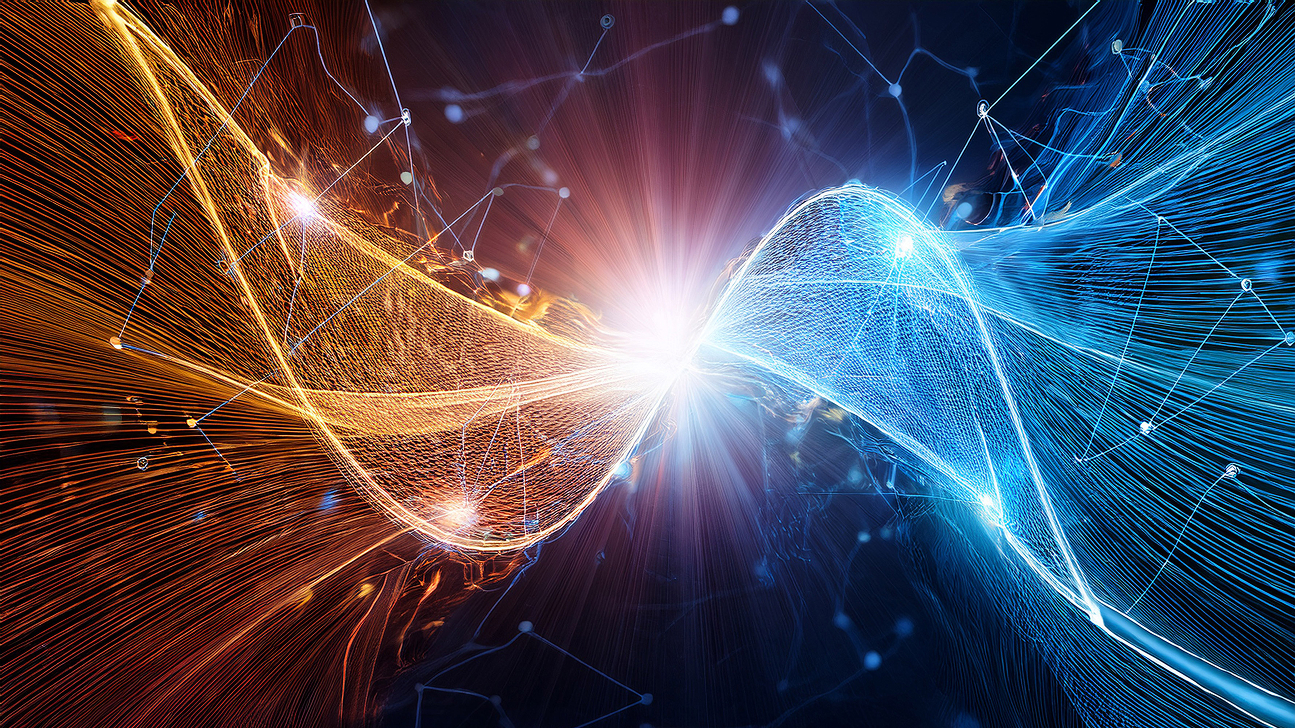Making microgrids work for people and planet
ICLR 2023 Publication sets out safe deployment of microgrids to enable local sustainable power generation and use
Tuesday, May 16, 2023
In an ideal “green” scenario, people reduce the amount of energy required to run homes and businesses, and produce the energy they need by adding solar panels, wind turbines, hydropower, and the like. Energy harnessed in this system is virtually free from greenhouse gas emissions, and longterm use offsets the costs, financially and environmentally, of producing and installing renewables. When unused energy remains it is sold to a wider network, where other people can purchase it in a system commonly referred to as a grid.
All grids, whether micro or macro, are made up of a diverse collection of energy producers and consumers, all with their own proclivities, needs, and limitations. This is why, unfortunately, the introduction of renewables into national and local electricity grids has upset the balance that must be struck between energy availability, cost, and sustainability.
Small homes consume less power, at different times, and in different ways, than restaurants, mechanic’s shops, or steel mills. All of these power consumers create data that is vital to the running of the grid. And all of these consumers also have a compelling need to safeguard their properties and assets, which is why sharing information is so complicated. One can easily imagine, for example, how hackers and thieves could use knowledge about energy use to time theft or crime optimally.
A team of researchers from MBZUAI wants to make sure that grids continue to harness user data safely while continuing to support net zero efforts around the world. Using a machine learning technique commonly deployed in healthcare settings called federated learning, researchers are using the complexities of energy production and use in microgrids to model novel ways to find the optimal balance between individual needs and grid-level needs, and do it with a keen eye on sustainability.
The MBZUAI team responsible for this work is led by Associate Professor of Machine Learning Martin Takáč and student co-authors Nicolas Cuadrado, and Roberto Gutierrez, along with co-author Yongli Zhu from the Global Energy Interconnection Research Institute North America (GEIRI). Their paper, published and presented at the ICLR 2023 workshop “Tackling Climate Change with Machine Learning” — “MAHTM: A Multi-Agent Framework for Hierarchical Transactive Microgrids” — proposes a multi-agent framework with the aim of minimizing the carbon footprint of electrical grids made up of diverse consumers and producers of energy.
“By using machine learning, we can reduce the stochastic nature of renewable power generation and, consequently, we can achieve a more efficient and reliable energy system,” Takáč said.

MBZUAI student co-authors Nicolas Cuadrado and Roberto Gutierrez at ICLR 2023.
The team’s system utilizes three layers of decision making agents each pursuing different objectives. One layer each works to minimize cost, decrease carbon impact, and balance production and consumption. The result is a system that crushes the vast complexity of grid system data into a useable and optimal set of outcomes in real time.
Cuadrado and Gutierrez aim to develop a startup on the back of the research they’ve done during their studies at MBZUAI. An earlier attempt in 2018, by Cuadrado and some business partners, sought to get a similar enterprise off the ground, and he credits the lessons he learned from that experience as foundational to his more recent work with Takáč, Gutierrez, and Zhu in renewables and privacy.
“We’re trying to help solve what is known as the energy trilemma,” Cuadrado said. “Security, sustainability, and affordability of power is pressing and it can be a major stumbling block to widespread adoption of the kinds of renewable energy solutions we need to get to net zero.”
To incorporate aspects of federated learning into their wider research, Takáč et al. collaborated with MBZUAI Assistant Professor of Machine Learning Samuel Horváth and his student Yunxiang Li. Horváth and his collaborators have been working to ensure that AI systems, particularly in the area of health, can function robustly and securely to collect, store, and use sensitive data using federated learning.
Related
The search for an antidote to Byzantine attacks
A new study from MBZUAI and other institutions tackles malicious and faulty updates in privacy-preserving machine learning.....
Read MoreAI and the silver screen: how cinema has imagined intelligent machines
Movies have given audiences countless visions of how artificial intelligence might affect our lives. Here are some.....
- cinema ,
- art ,
- fiction ,
- science fiction ,
- AI ,
- artificial intelligence ,
Mind meld: agentic communication through thoughts instead of words
A NeurIPS 2025 study by MBZUAI shows that tapping into agents’ internal structures dramatically improves multi-agent decision-making.
- machine learning ,
- neurips ,
- agents ,


